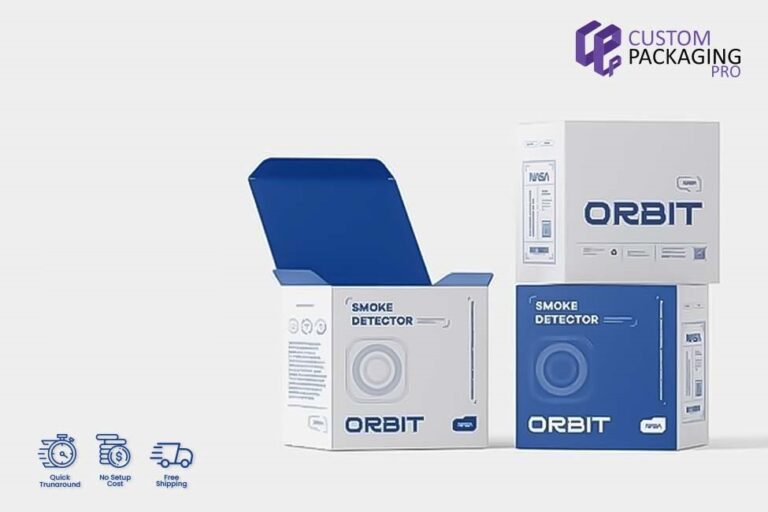Systematic Deposit Plan
The Systematic Deposit Plan (SDP) is an innovative offering and a highly effective investment option made available by several Non-Banking Financial Companies (NBFCs) in India. SDPs have become incredibly popular given their potential to provide consistent returns and wealth enhancement facilities to customers. In this article, let’s delve into how exactly managing your SDP fixed deposit can yield effective results.
The concept of fixed deposits is not new to most Indians because it has been a popular investment option for a long time. SDP Fixed Deposits are a revamped version of your regular Fixed Deposit where you can deposit a part of your incomes regularly. It, therefore, suits individuals who are unable or unwilling to invest a lump sum amount at one go.
Benefits of SDP fixed deposits
One of the most explicit benefits of SDP fixed deposits is its minimal risk factor. Unlike other investment vehicles, SDPs are not influenced by market volatilities. Therefore, you accrue the interest as per the agreed rates, regardless of fluctuations in the market.
Smart strategies
Managing an SDP fixed deposit effectively involves smart strategies and timely decision-making. Here are a few ways:
1. Regular Deposits: Given that SDP permits you to deposit regularly rather than requiring a lump sum, it is vital to maintain this regularity. Consistency in depositing also ensures continuous compounding, enhancing your total returns.
2. Market Awareness: Market conditions have a direct impact on interest rates. Therefore, studying and understanding market trends can assist you in locking your SDP during high-interest periods, leading to higher overall returns.
3. Diversification: Rather than putting all your eggs in one basket, it is advisable to diversify your deposits across various financial institutions. This practice usually leads to lower risk and healthier returns.
4. Ladder Your Deposits: A laddering strategy involves opening several SDP fixed deposit accounts with different maturity dates. This ensures a constant flow of funds that can be reinvested to take advantage of interest rate changes.
In India, interest earned on fixed deposits is subject to TDS (Tax Deducted at Source) as per Income Tax regulations. Therefore, keep an eye on returns post the deduction of TDS.
An effective management of your SDP Fixed Deposit can help you achieve your financial goals without bearing much risk, given that this scheme is not subject to market volatility.
NOTE:
Please note that before investing in any instrument, it is crucial to review and understand all terms and conditions. Always read the fine print and consult with a qualified financial advisor if necessary. Understanding the advantages and disadvantages is essential to making an informed decision.
In summary, SDP Fixed Deposit is a viable investment option that offers a promising return. By employing strategies such as regular deposits, laddering, diversification, and keeping an eye on market trends, you can manage your SDP Fixed Deposit effectively. Always remember that your ultimate choice should align with your financial goals, risk tolerance, and investment horizon.
Summary:
Systematic Deposit Plan (SDP) Fixed Deposit is a preferred investment option in Fixed Deposit India that offers regular and promising returns. Effectively managing your SDP Fixed Deposit involves regular deposits, market trend awareness, investment diversification, and laddering your deposits. However, all investments come with an element of risk, and it is always suggested to seek advice from a professional advisor. Additionally, one must be aware that investments in fixed deposits are subject to TDS deductions as per Indian regulations. It’s important to weigh all the pros and cons before diving into any form of investment in the Indian financial market. This article does not serve as financial advice, but serves as an informational guide on managing SDP fixed deposits.
Disclaimer:
This article is for informational purposes only and should not be construed as financial advice. It is recommended that you do your due diligence and consult with a qualified financial advisor before making any investment decisions. The investor must gauge all the pros and cons of trading in the Indian financial market and understand that any investment carries a risk, including the loss of your initial deposit.








